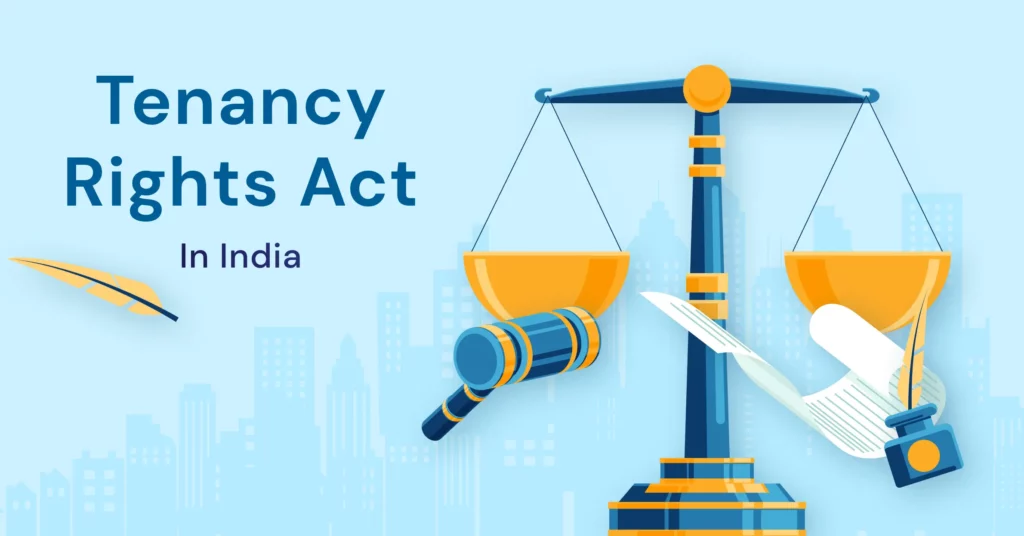
The tenancy act in India is a set of laws that govern the rights and responsibilities of tenants and landlords. These laws are designed to protect the interests of both parties and to ensure that the rental relationship is fair and equitable.
Under the tenancy act, a landlord has the right to receive rent from the tenant in exchange for providing a habitable living space. The landlord also has the right to expect the tenant to take good care of the property and to abide by the terms of the rental agreement.
On the other hand, a tenant has the right to live in safe and habitable property, to be protected from eviction without just cause, and to have access to basic amenities such as water and electricity. The tenant also has the right to have any repairs or maintenance issues addressed by the landlord in a timely manner.
One of the key provisions of the tenancy act is the requirement for a written rental agreement. This agreement must include certain basic information, such as the names of the landlord and tenant, the address of the property, the length of the rental term, and the amount of rent to be paid.
The rental agreement must also specify the rights and responsibilities of both parties, as well as any rules or regulations that the tenant is expected to follow. For example, the agreement may include rules about noise levels, pets, or the use of common areas.
In the event of a dispute between the landlord and tenant, the tenancy act provides a framework for resolving the issue. In most cases, the dispute can be resolved through mediation or arbitration, without the need for legal action.
However, if the dispute cannot be resolved through these means, the tenant or landlord may file a complaint with the appropriate authorities. The authorities will then investigate the matter and determine the appropriate course of action.
Overall, the tenancy act in India is an important set of laws that help to protect the rights of both tenants and landlords. By providing a clear set of rules and regulations, the act helps to ensure that the rental relationship is fair and equitable for both parties.
